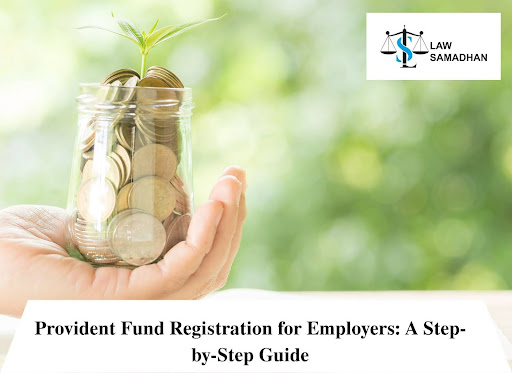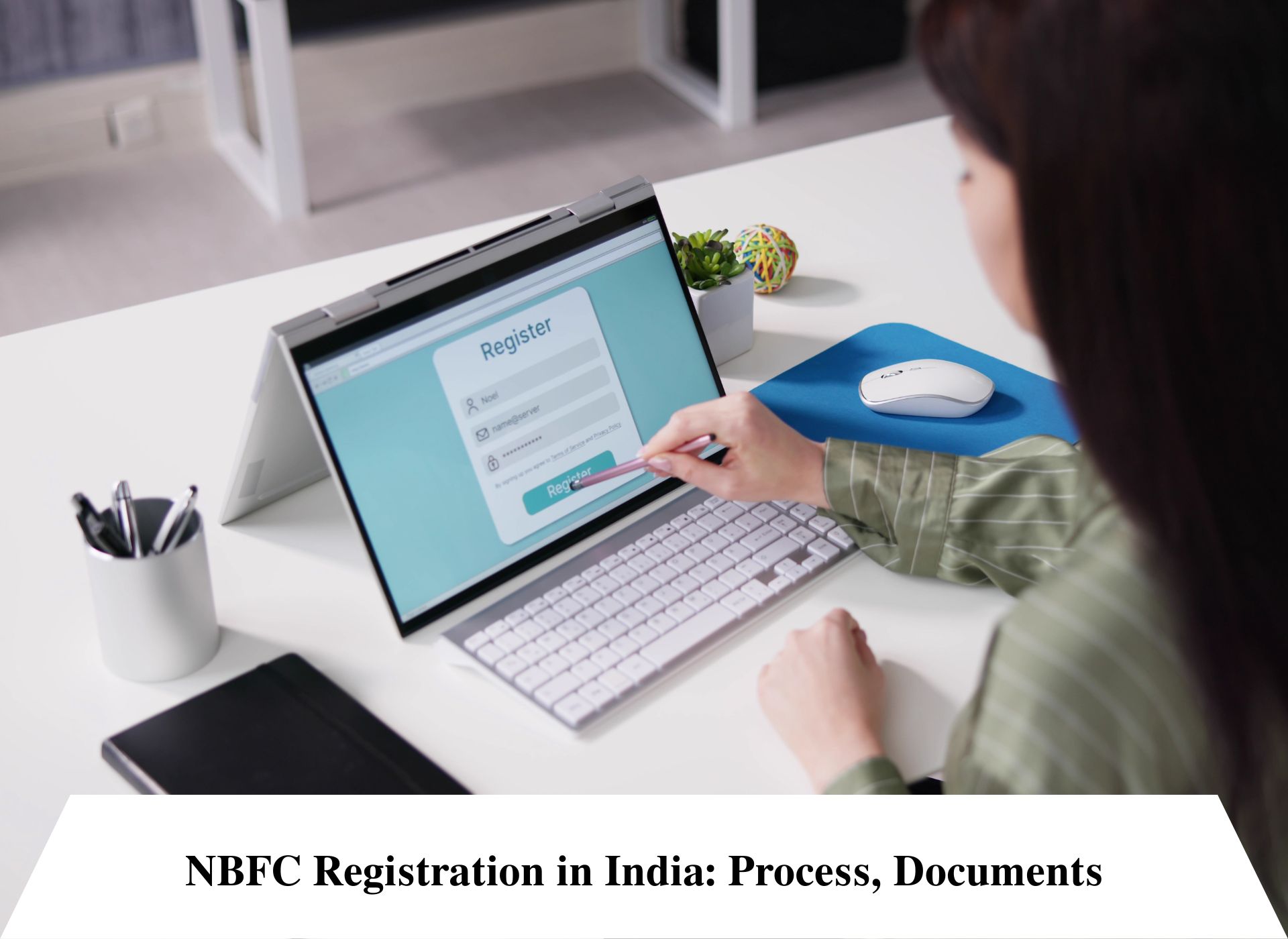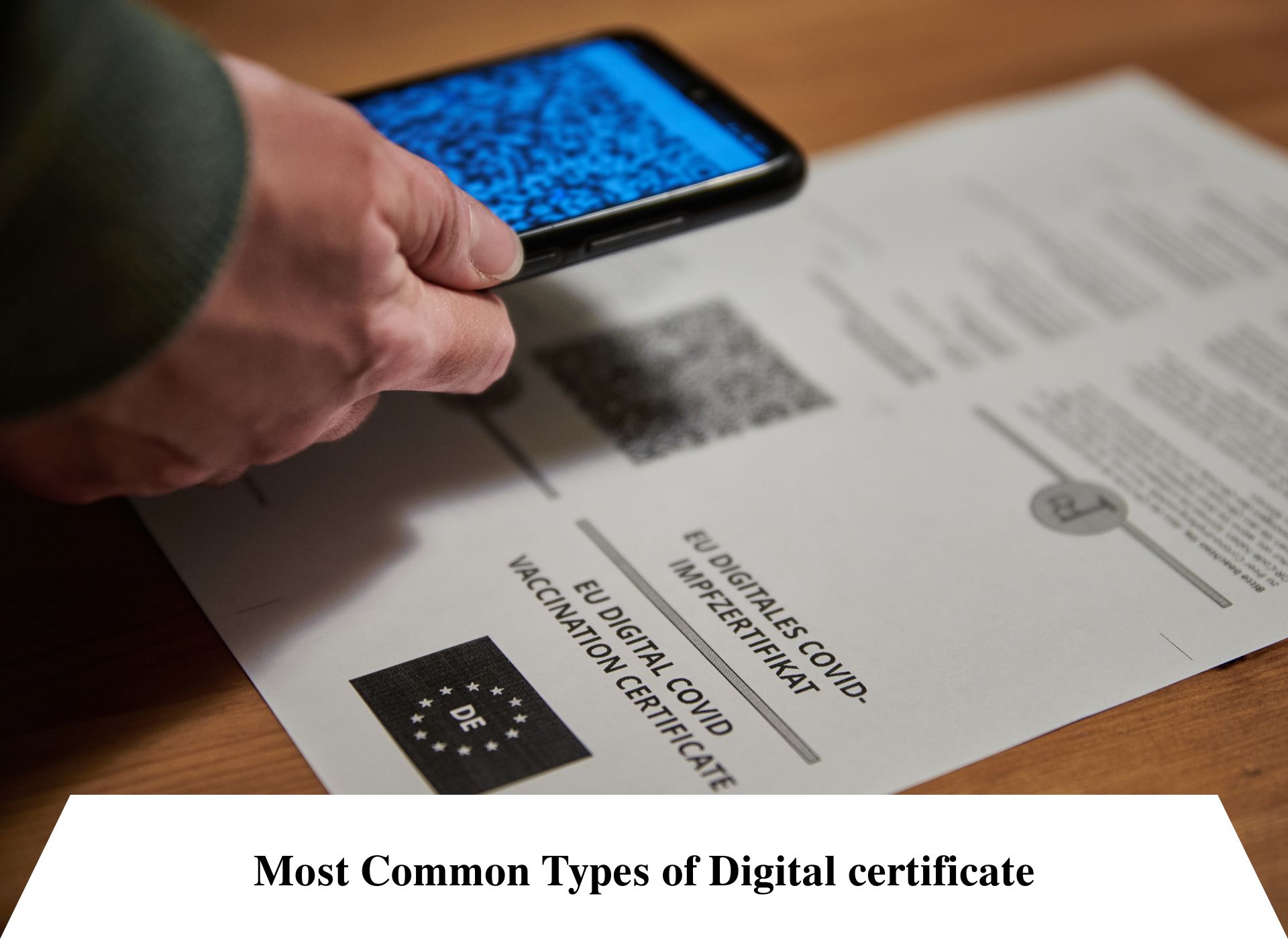In the ever-evolving landscape of innovation, patents serve as invaluable tools to protect and profit from groundbreaking ideas. They provide inventors with exclusive rights to their creations, preventing others from using, making, or selling the patented invention without permission. However, the journey to securing a patent can be intricate. This article offers a comprehensive guide on what to do before applying for a patent, ensuring that your intellectual property remains safeguarded.
What is a Patent?
A patent is a legal document that grants inventors exclusive rights to their inventions. It acknowledges their creative effort in developing something novel, useful, and non-obvious. Patents come in different categories, including utility, design, and plant patents, each serving distinct purposes.
How To Draft An Application For A Patent?
Drafting a patent application requires meticulous attention to detail. It’s highly advisable to enlist the services of a qualified patent attorney or agent to ensure that your application adheres to the patent office’s stringent guidelines. The quality of your application significantly impacts the likelihood of obtaining a patent.
How to Get a Patent in India?
In India, obtaining a patent involves submitting an application to the Indian Patent Office. The application undergoes rigorous examination to ascertain its novelty and inventiveness. If approved, a patent is granted, typically with a validity of 20 years from the filing date.
Things You Should Do Before You Apply for a Patent:
Conduct a Thorough Search: Start by conducting an exhaustive patent search to ascertain the uniqueness of your invention. This helps identify existing patents similar to yours and validates the originality of your concept.
Document Everything: Keep meticulous records of the invention’s development, including sketches, notes, prototypes, and any correspondence related to its creation. These records establish a clear timeline of your work.
Consult a Patent Attorney: Seek the expertise of a patent attorney or agent with specialization in intellectual property law. They can guide you through the application process, significantly enhancing your chances of success.
Do’s Before Filing A Patent Application:
Maintain Confidentiality: Ensure that your invention remains confidential until you’ve filed for a patent. Any premature disclosure can jeopardize your patent application.
Conduct Market Research: Assess the potential market and value of your invention. Understanding its commercial viability can influence your patent strategy.
Seek Professional Advice: Collaborate with patent professionals who can provide insights into patentability, strategy, and prosecution.
Don’ts Before Filing A Patent Application:
Don’t Disclose Publicly: Avoid any public disclosure or publication of your invention before filing for a patent. Public disclosure can compromise your ability to secure exclusive rights.
Don’t Delay Filing: File your patent application as soon as possible to establish priority. Delaying the process can risk someone else patenting a similar invention before you do.
Advantages of Getting a Patent:
Exclusive Rights: Patents grant you exclusive control over your invention, protecting it from unauthorized use.
Monetary Benefits: Patents can be monetized through licensing agreements, sales, or partnerships, providing avenues for revenue generation.
Protection Against Infringement: Patents act as a deterrent against infringement, safeguarding your innovation and your competitive advantage.
Conclusion:
Applying for a patent is a pivotal step in securing and capitalizing on your innovative creations. By conducting thorough research, maintaining confidentiality, and seeking professional guidance, you can significantly enhance your chances of obtaining a patent. Remember that the patent application process can be intricate, so don’t hesitate to consult a patent attorney to navigate the complexities.
FAQs:
Q1: How long does it take to get a patent in India?
A1: The duration varies, but the process can take several years due to examination and administrative procedures.
Q2: Can I apply for a patent without professional assistance?
A2: While it’s possible, seeking professional help increases your chances of a successful application and avoids potential pitfalls.
Q3: What happens if someone infringes on my patent?
A3: You can take legal action against infringers to protect your rights and seek compensation for any damages incurred






